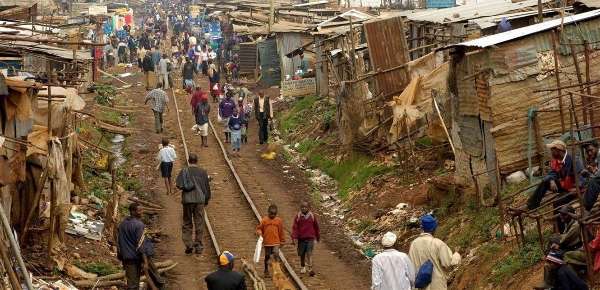By:
The urgency of the situation was underscored by Rebeca Grynspan, the head of the United Nations Conference on Trade and Development, during a recent press conference. Grynspan emphasized that the ongoing efforts to alleviate the debt crisis faced by impoverished nations are far from adequate in tackling the magnitude and immediacy of the issue. This crisis poses a significant threat, potentially pushing numerous countries into a cycle of debt that is unsustainable. Anticipated to take centre stage, discussions surrounding this crisis are set to dominate the agendas of upcoming meetings at both the World Bank and the International Monetary Fund (IMF).
Initiatives taken within the G20 and by the Bretton Woods institutions, the World Bank and the IMF, aimed at easing the debt burden of low-income countries, have not yielded the expected results. According to Rebeca Grynspan, “It is extremely slow because more and more countries need assistance. So we need a better mechanism to resolve the debt problem more quickly.” She suggests that all stakeholders come together to negotiate more effectively.
In addition to the urgency of the situation, it is imperative to stop countries from defaulting on their debt repayments. To do this, talks are underway to strengthen the World Bank and other regional development banks, especially in Africa. According to Grynspan, the current system is too small to effectively react to the colossal challenge we face. The World Bank, for example, has grown much slower than the global economy, hindering its ability to meet needs.
The annual meetings of the World Bank and the IMF, scheduled to take place in Marrakech, Morocco from October 9-15, present a crucial opportunity to address these urgent issues. Esteemed global policymakers, finance ministers, development officials, and representatives from non-governmental organizations will convene to explore solutions for the ongoing debt crisis.
The recently published Trade and Development Report 2023 underscores the devastating impact of debt on numerous developing nations. Escalating interest rates, depreciating currencies, and sluggish economic growth are impeding governments’ ability to provide essential services to their citizens. Consequently, the escalating burden of debt servicing has escalated into a full-blown development crisis, endangering millions of lives.
Increase in debt service payments
According to UNCTAD data, approximately 3.3 billion people, nearly half of the world’s population, reside in nations where debt repayment takes precedence over investments in education or health. The most severely affected countries are those categorized as “frontier economies” by UNCTAD, referring to nations that emerged on international markets after the 2008 financial crisis. In the past decade, the state-guaranteed public external debt of these economies has tripled, leading to a significant rise in debt service payments as a percentage of government revenue.
The report emphasizes that almost one-third of these frontier economies are teetering on the edge of debt distress, facing escalating credit risks. Limited access to financial markets poses a grave threat to these nations, putting them at risk of plunging into a severe economic crisis if swift and substantial measures are not implemented urgently.
What's happening in Tunisia?
Subscribe to our Youtube channel for updates.











































